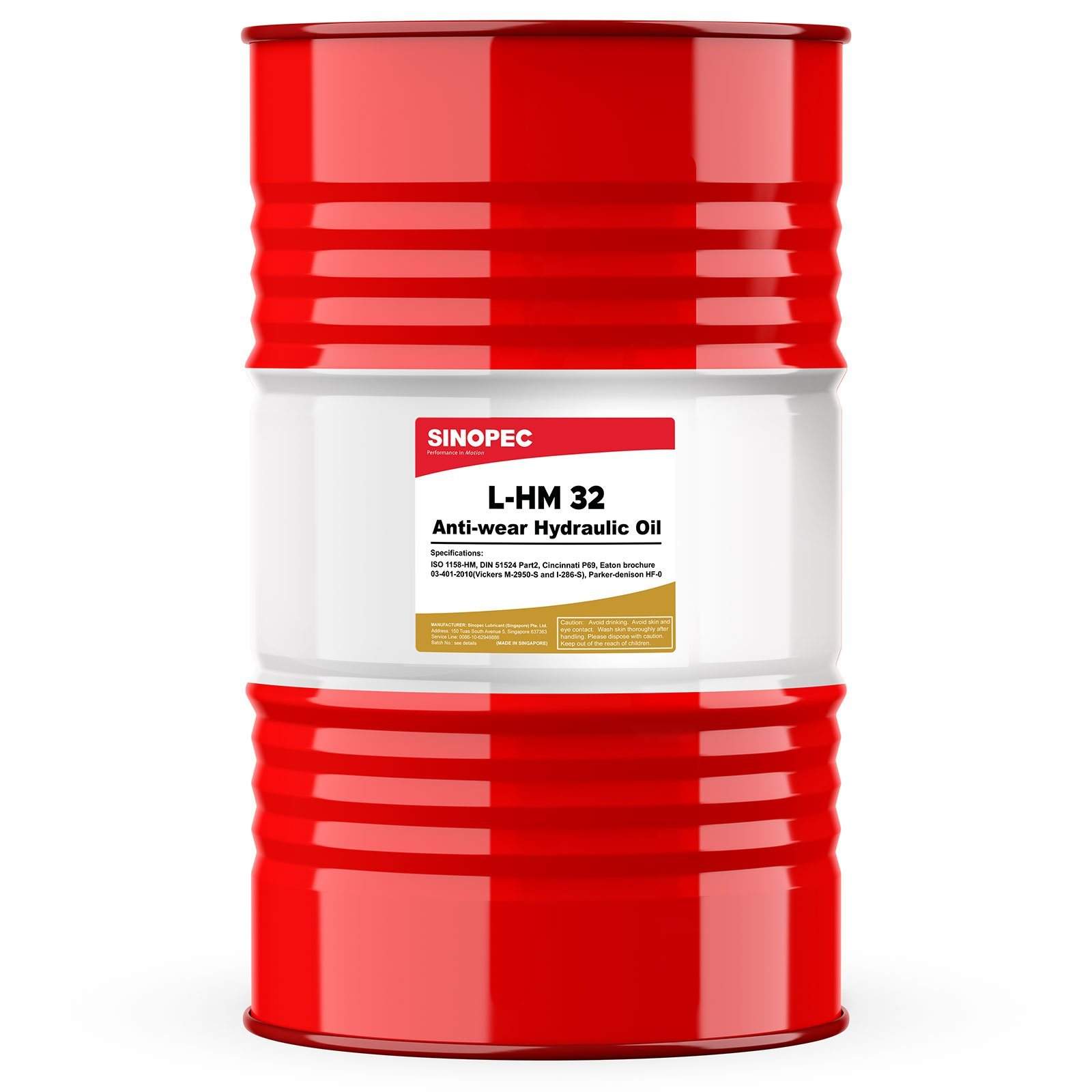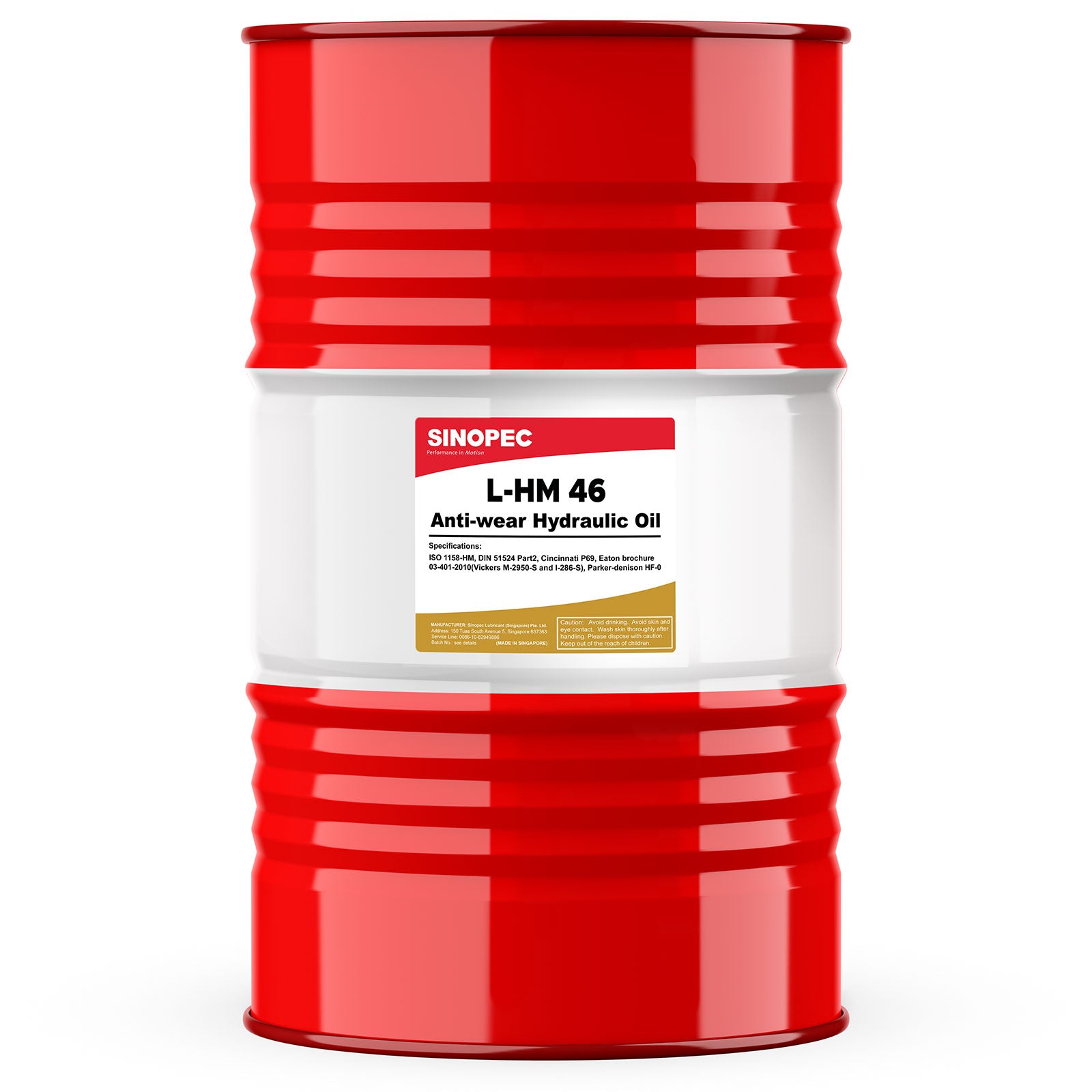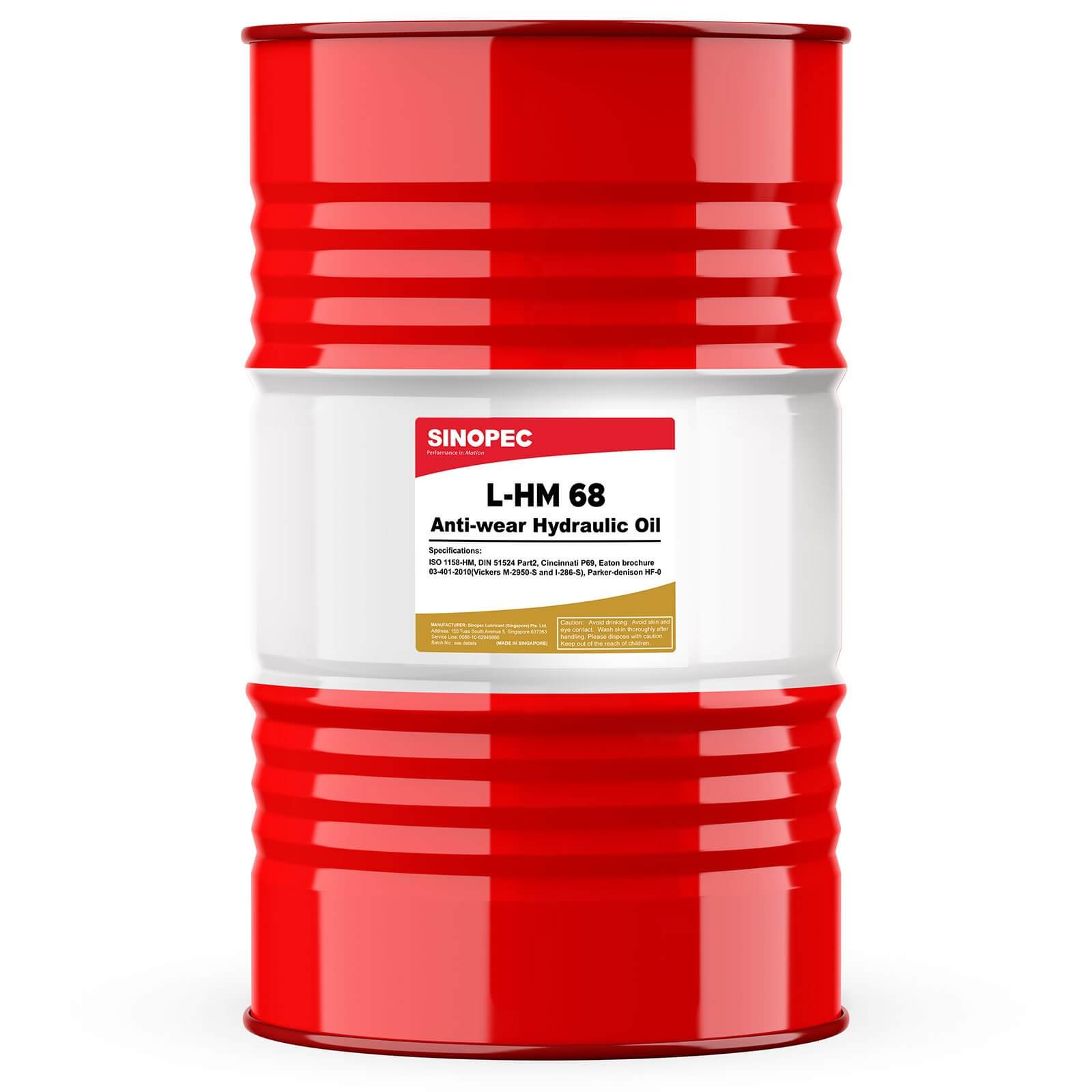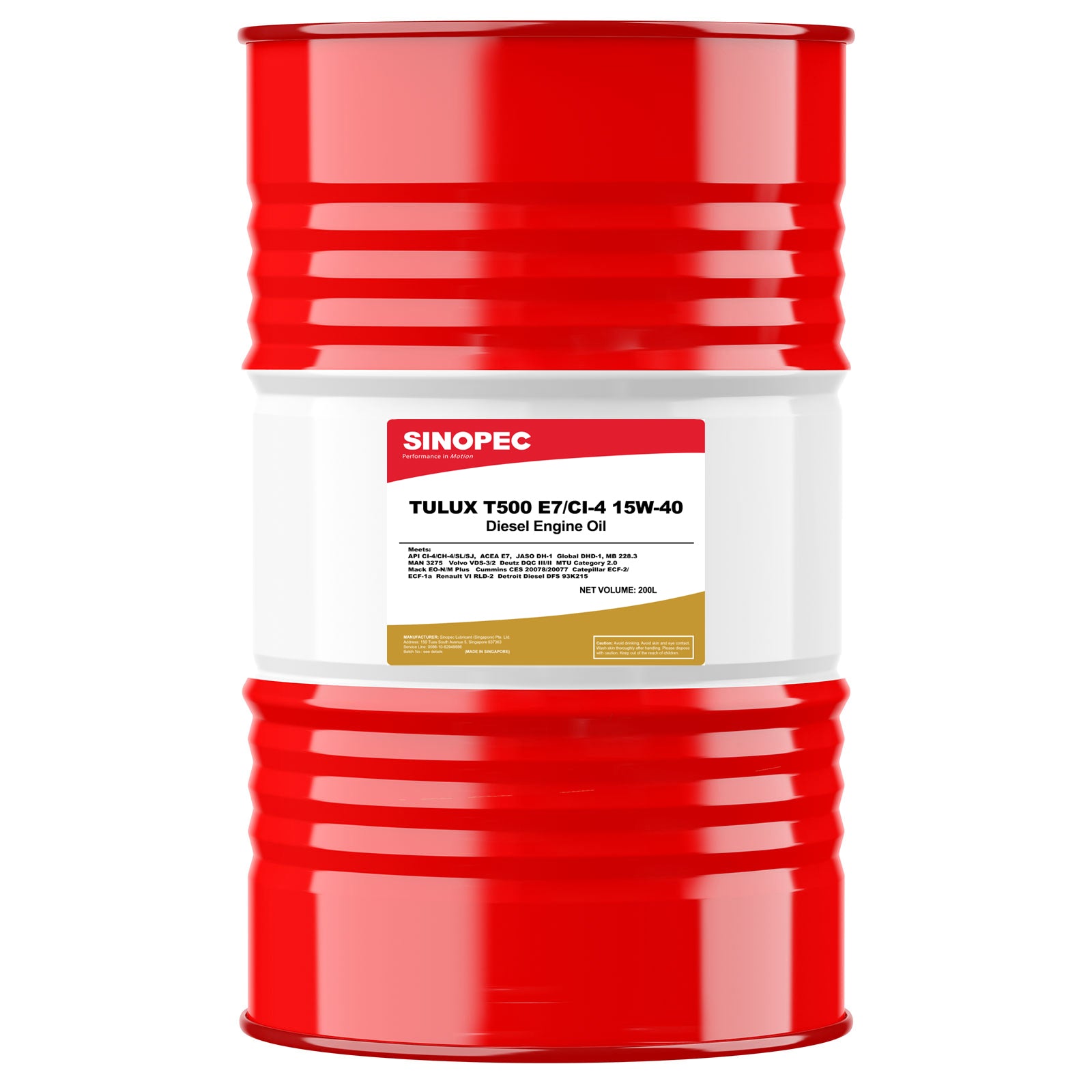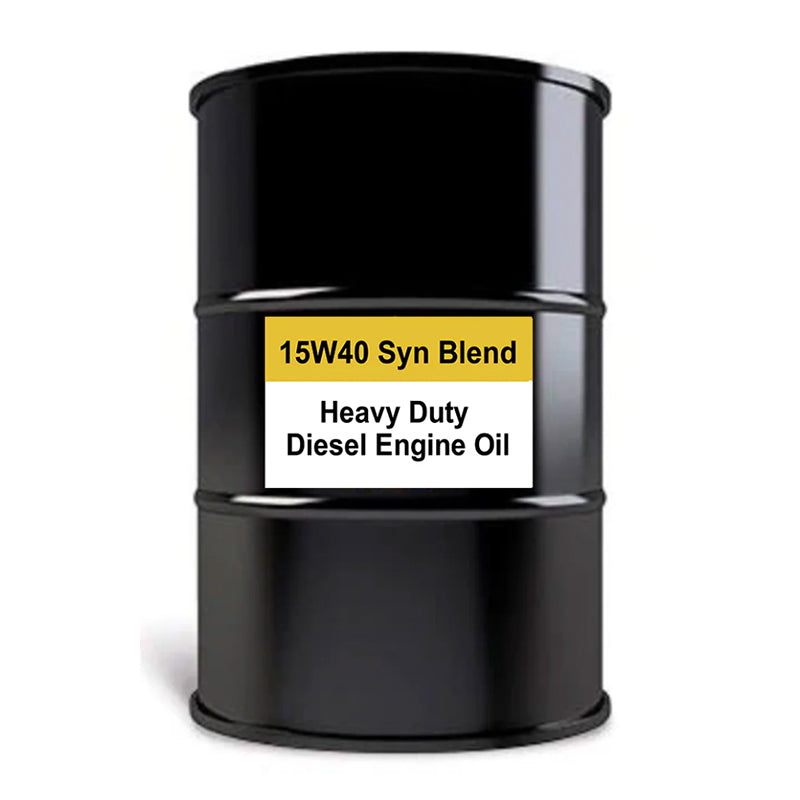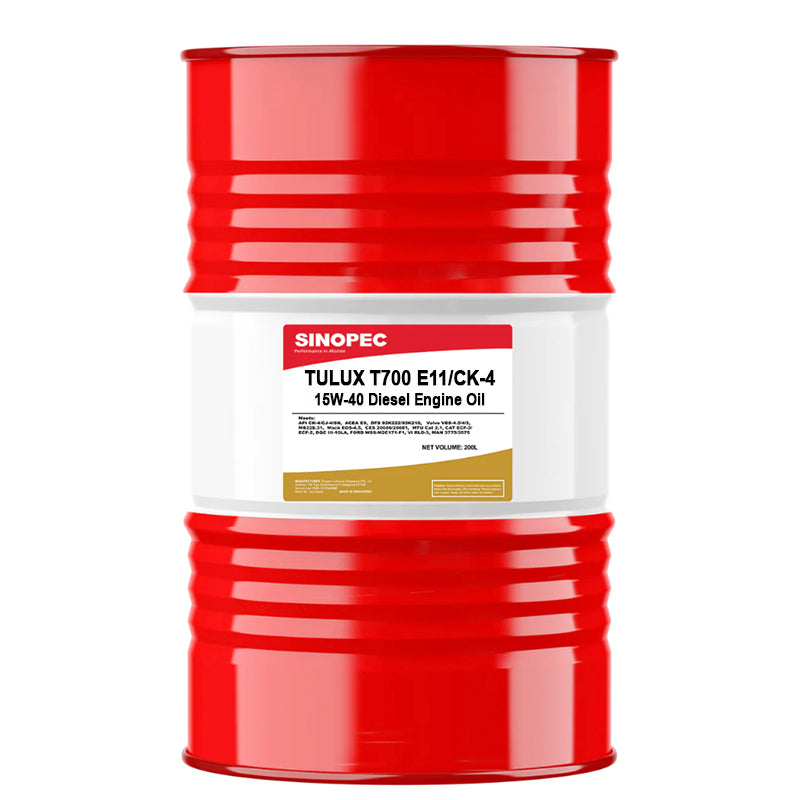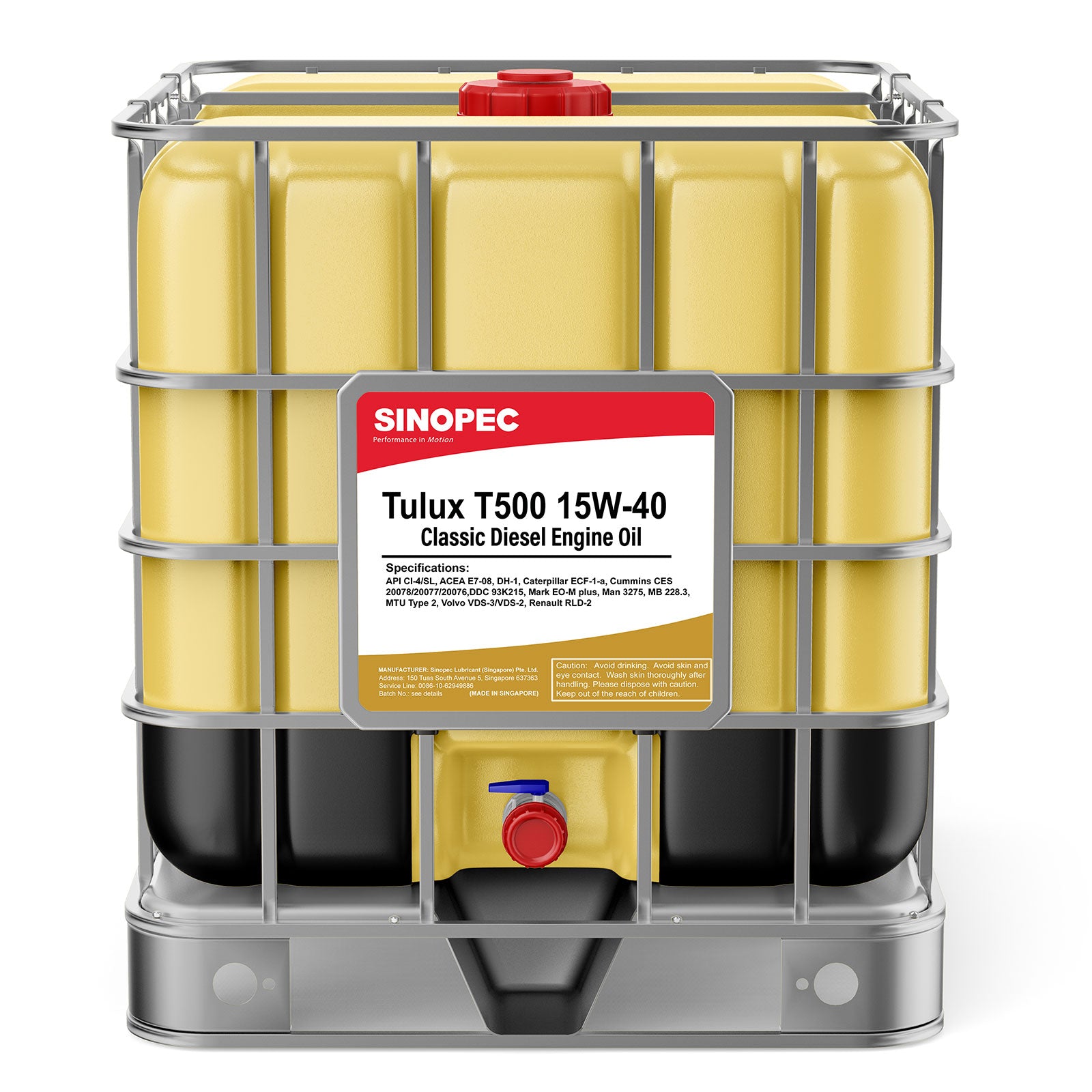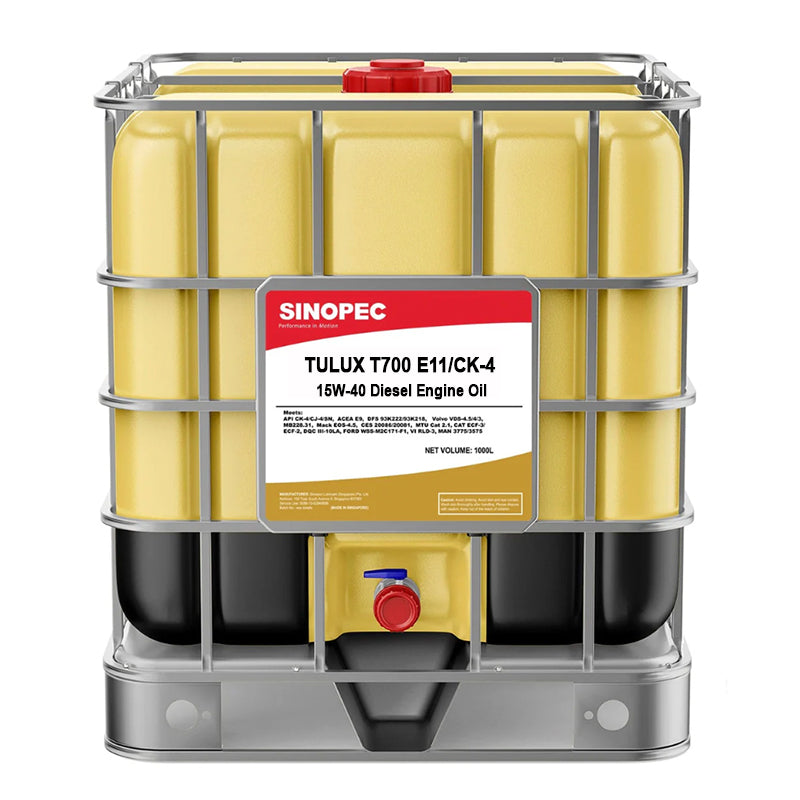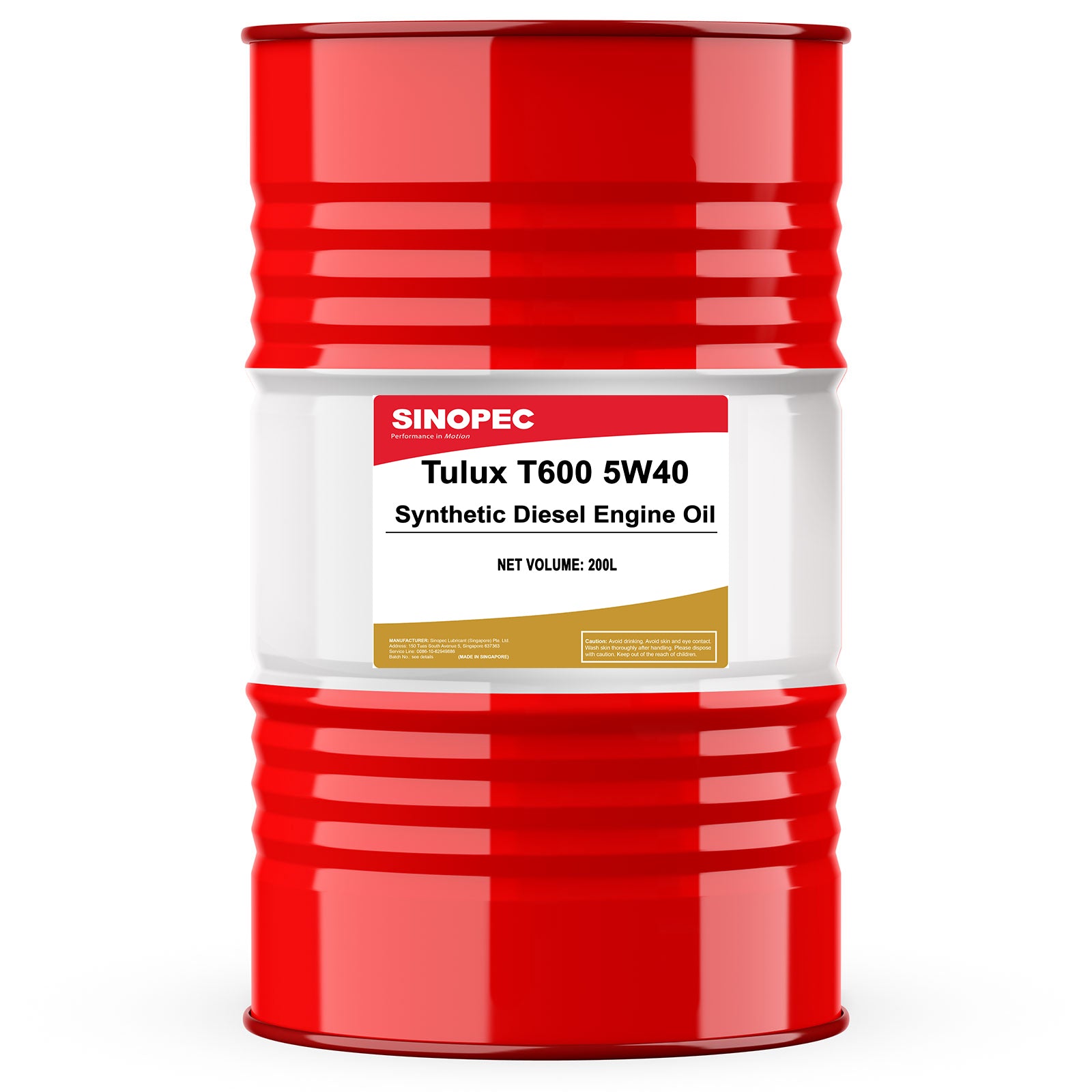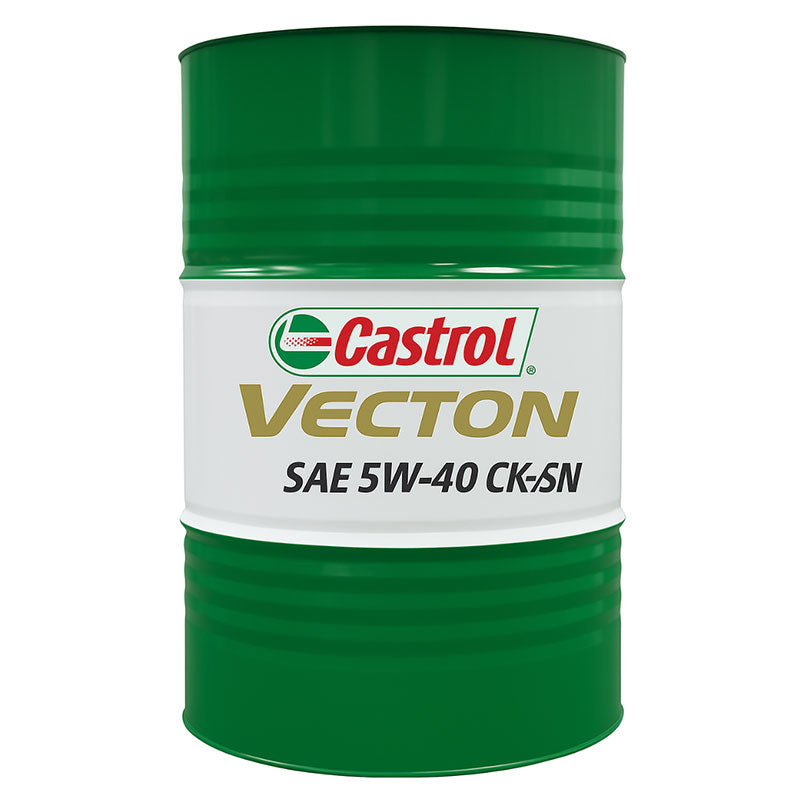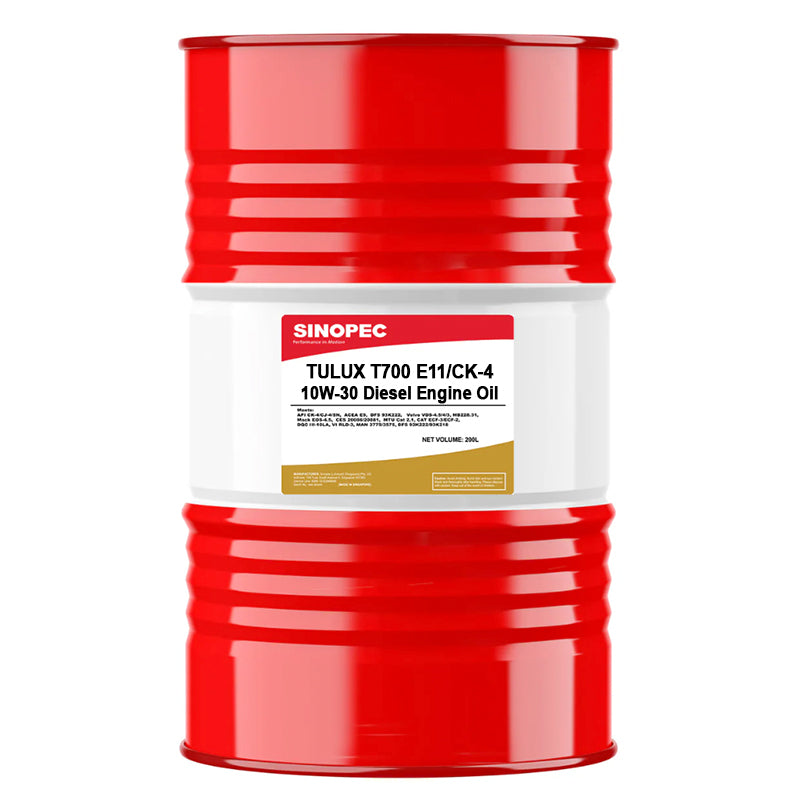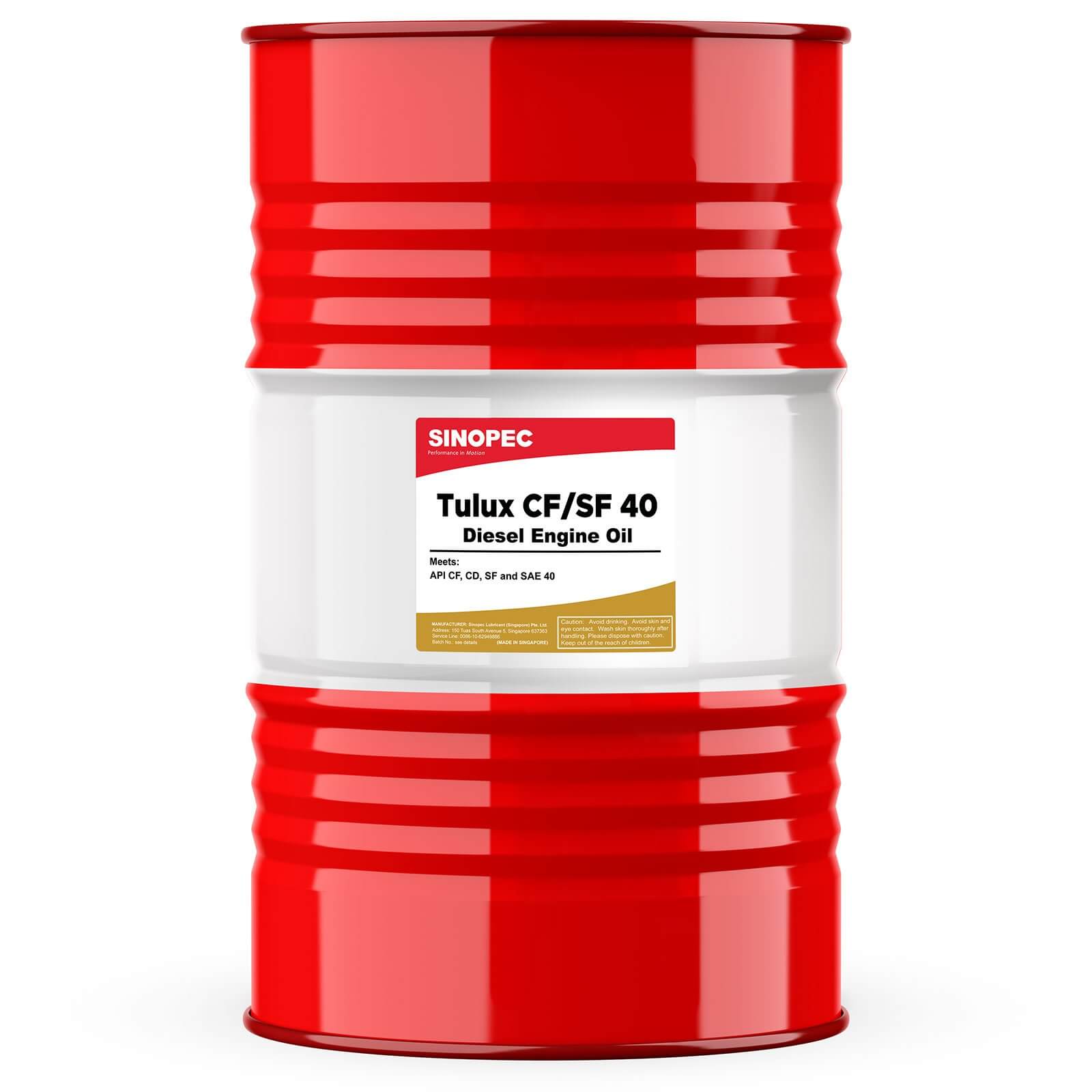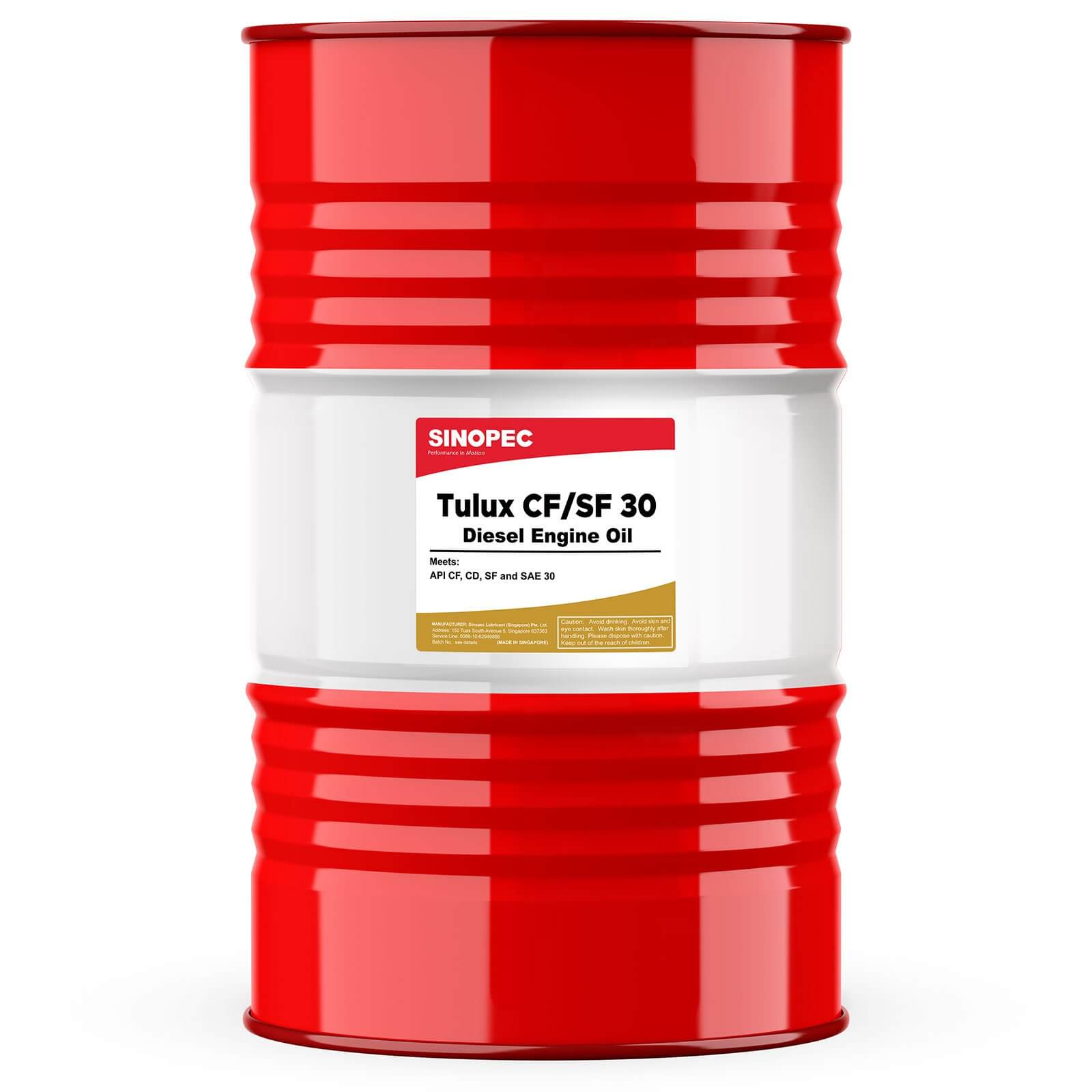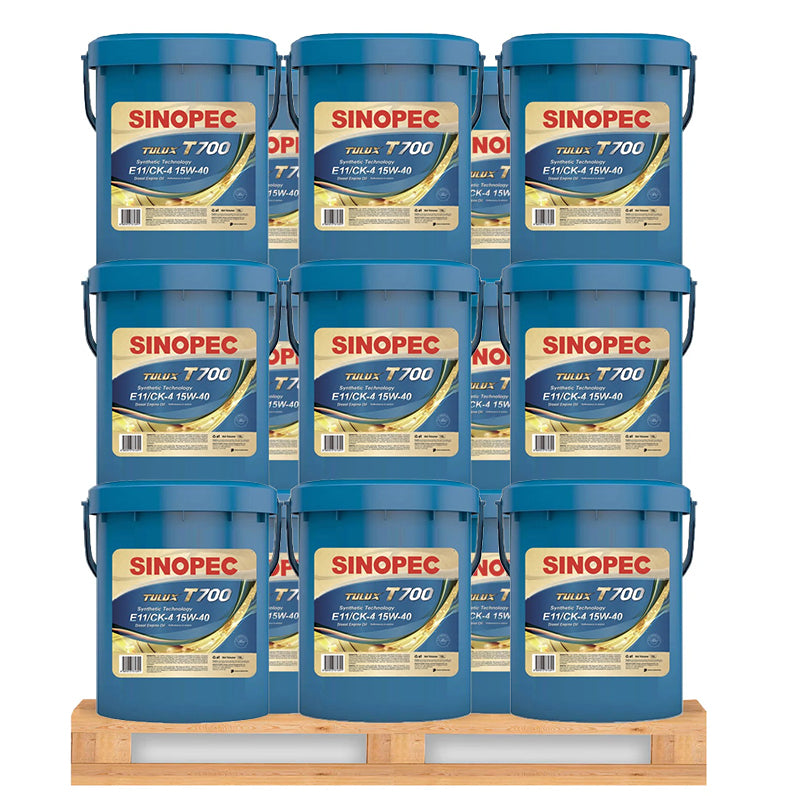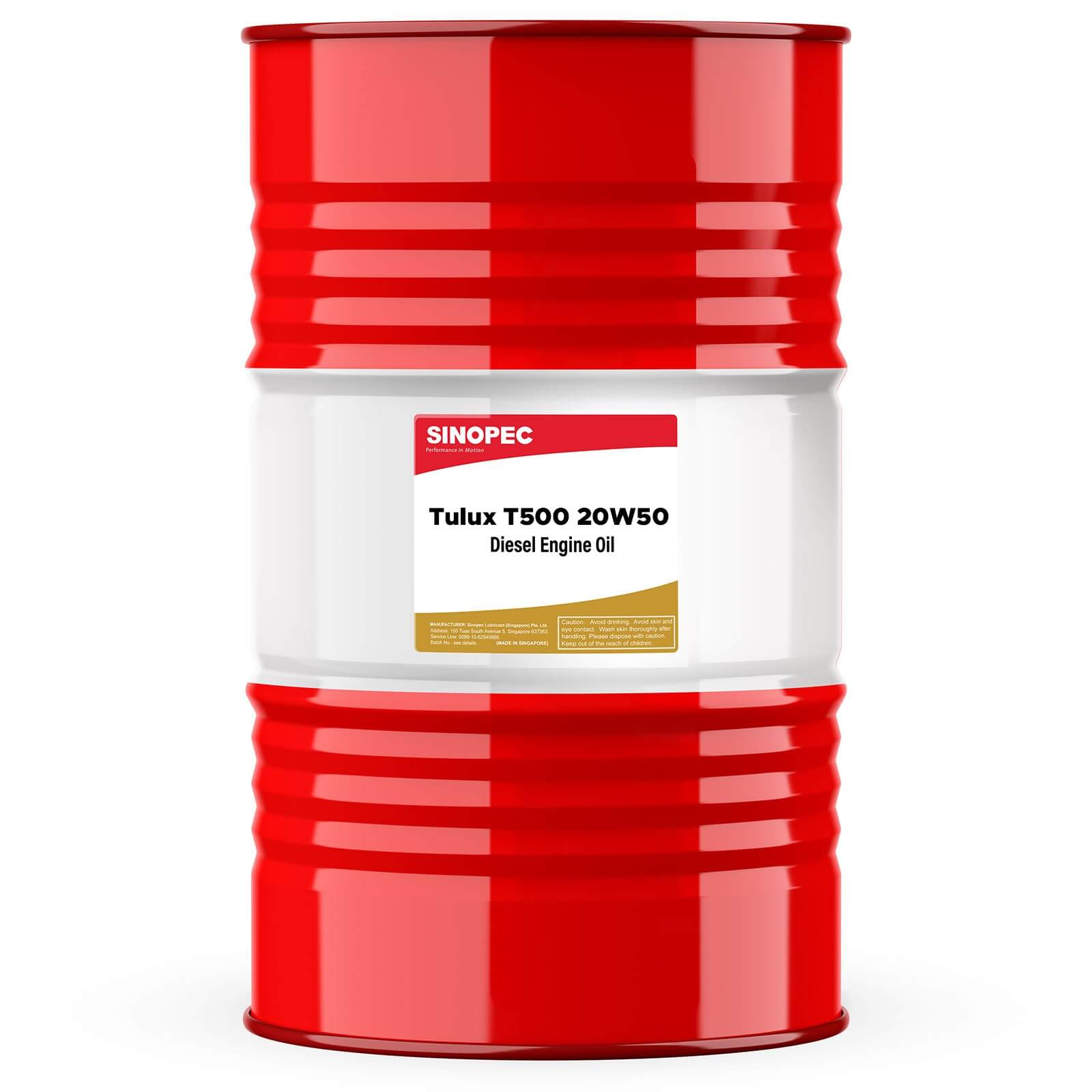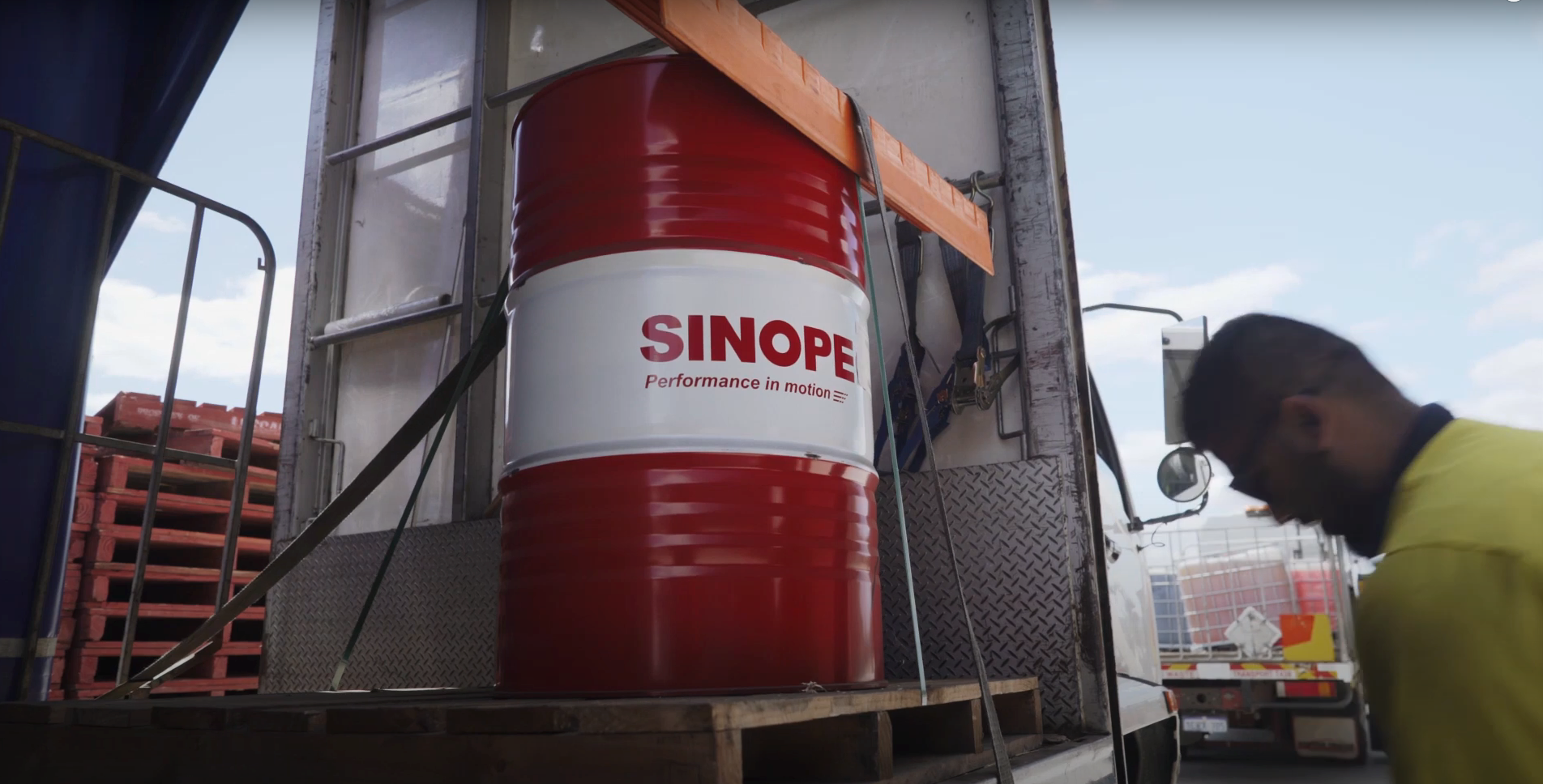What is Diesel Exhaust Fluid (DEF)?
Diesel Exhaust Fluid (DEF) is a non-hazardous solution, which is 32.5% urea and 67.5% de-ionized water. DEF is sprayed into the exhaust stream of diesel vehicles to break down dangerous NOx emissions into harmless nitrogen and water. This system is called SCR and can be found on 2010 and later model year trucks and many diesel pickups and SUVs. DEF is not a fuel additive and never comes into contact with diesel. It is stored in a separate tank, typically with a blue filler cap.
What is Selective Catalytic Reduction (SCR)?
SCR technology uses a catalyst system to break down dangerous NOx emissions produced by diesel engines into nitrogen and water. The chemical reactions used in SCR systems require a constant feed of ammonia gas. In automotive applications SCR delivers ammonia using a urea solution called DEF Fluid. DEF is sprayed into the exhaust stream by an advanced injection system and then converted into ammonia on a catalyst. The ammonia breaks down dangerous NOx emissions produced by diesel engines into nitrogen and water.
How much Diesel Exhaust Fluid (DEF) will my truck consume?
Diesel Exhaust Fluid (DEF) consumption is measured as a ratio of diesel fuel use, normally termed the "dosing rate" or "treat rate". Medium- and heavy-duty vehicles have a dosing rate of 2-3%. This means that if your truck has a fuel efficiency of six miles per gallon and a dosing rate of 3% it will use approximately 1 gallon of DEF every 200 miles.
Feedback from a number of fleets suggests that the dosing rate is slightly lower than originally predicted by manufacturers, at around 2.0-2.5%.
How much can I expect to pay for Diesel Exhaust Fluid (DEF)?
The price of Diesel Exhaust Fluid (DEF) will depend on your location, supply method and the volume of fluid that you purchase. Packaged supply, which comes in 1, 2.5 and 4 gallon jugs, is the most expensive method on a per-gallon basis, followed by 55 gallon drums and 275 or 330 gallon totes. Bulk volumes, which are delivered directly to fleet terminals, are the cheapest way to buy DEF. DEF can also be bought at the pump from Pilot Flying J, Love's Travel Stops and other truck stop chains. The cost saving of moving from truck stop to tote supply is approximately 30%.
What will happen if my truck runs out of Diesel Exhaust Fluid (DEF)?
The U.S. Environmental Protection Agency requires vehicle manufacturers to put measures in place to ensure that vehicles cannot run without Diesel Exhaust Fluid (DEF). Before a truck's DEF tank runs empty the driver is given a series of alerts on their dashboard displays (much the same way as if they were running low on diesel). Generally speaking, when the DEF tank level drops below 10% an amber warning lamp will come on, at 5% this lamp starts flashing and below 2.5% a solid amber warning light is displayed.
If the truck is allowed to run out of DEF the engine's power is reduced, a solid red warning will be displayed and the vehicle speed will be limited to 5 mph until the DEF tank is refilled.
Is there any danger of filling the Diesel Exhaust Fluid (DEF) tank with diesel and what problems will it cause?
There are a number of safeguards put in place to prevent confusion between diesel and Diesel Exhaust Fluid (DEF) filler necks. The standard nozzle diameter for DEF is 0.75 inches (19mm), compared to 0.87 inches (22 mm) for diesel, preventing the diesel nozzle from ever being inserted into the DEF tank. In addition, the filling cap for the DEF tank is blue and will be clearly marked 'Diesel Exhaust Fluid' with the accompanying ISO standard number.
However, a small number of cases have been reported where diesel has been put in the DEF tank. Diesel is less dense than DEF and will float on top of the DEF in the tank, but even small amounts of diesel can damage your SCR system and we recommend that you contact your dealer immediately and do not drive the vehicle.
If DEF is filled into the diesel tank, the engine will stop running almost immediately, and the vehicle will need to be taken to a service center for repair.
If I switch Diesel Exhaust Fluid (DEF) suppliers, what should I do with the fluid which remains in bulk storage tanks and do I need to have them cleaned out?
No, simply run the tank as empty as possible before refilling. Diesel Exhaust Fluid (DEF) is a pure chemical, so your bulk storage tank does not need to be cleaned out unless it is contaminated. DEF from different API-certified suppliers can be mixed.
Why are manufacturers using Selective Catalytic Reduction (SCR) to meet the 2010 guidelines?
Selective Catalytic Reduction (SCR) is the technology of choice for all truck and engine manufacturers to meet the U.S. Environmental Protection Agency's 2010 emissions standards for medium- and heavy-duty vehicles, which are among the most stringent in the world. The majority of truck makers came to the conclusion that the only way to meet these rules without compromising engine performance and fuel efficiency was to use SCR. For more information about the 2010 guidelines.
=What fuel saving can I expect from a truck equipped with Selective Catalytic Reduction (SCR) technology?
Selective Catalytic Reduction (SCR) is an aftertreatment emissions control technology, which deals with emissions outside of the engine. This means manufacturers are able to tune engines to boost performance and achieve fuel savings. The extent of these savings will vary, but fleets' experiences with post 2010 heavy-duty trucks suggests fuel savings of around 5% compared to 2007 models with similar engine specifications. PACCAR, Daimler and Cummins all use this figure in their 2010 model specs. Reports from customers using off-road machines with SCR are reporting fuel savings of 5% and higher.
When was Selective Catalytic Reduction (SCR) technology first used?
Selective Catalytic Reduction (SCR) technology was first patented in 1957 and has been used for many years to reduce NOx emissions from coal-fired power plants and other stationary sources. The technology was first used in series production in diesel vehicles by Nissan Diesel in Japan in 2004 to meet emissions standards that were the strictest in the world at that time. Since then SCR has been widely implemented worldwide on diesel vehicles and by the end of 2012 more than one million commercial vehicles were equipped with SCR emissions control technology in Europe alone.
Is Diesel Exhaust Fluid (DEF) corrosive?
Diesel Exhaust Fluid (DEF) is not toxic, harmful or dangerous. In fact, of all the fluids used in a truck, such as diesel, engine oil, brake fluid, antifreeze and windscreen wash, DEF is the least hazardous. However, DEF is corrosive for some metals such as carbon steel, aluminum, copper and zinc, and DEF should not be stored in containers made of these materials. Your DEF supplier can advise you further. ISO provides a list of materials that are recommended and not recommended, but makes it clear that neither list is exhaustive.
Do I need to wear protective clothing when filling up the DEF tank?
Wearing protective clothing is not necessary when handling DEF, however, Diesel Exhaust Fluid (DEF) can stain clothes. If you do spill any DEF on your clothing, rinse it off with water.
What should I do if a spill DEF?
If you spill a small amount of Diesel Exhaust Fluid (DEF), it can be washed away with water or wiped up. If you leave it to dry it will turn into white crystals. These can be washed away with water. If you spill a large amount of DEF then contact your DEF supplier for advice.
What is the shelf life of Diesel Exhaust Fluid (DEF)?
Diesel Exhaust Fluid (DEF) has a shelf life of two years. However, this can be reduced if the fluid is exposed to direct sunlight or if the temperature of the DEF remains above 86°F (30°C) for sustained periods. All DEF packaging should be labeled with an expiry date. If you have DEF that it beyond its expiry date, contact the supplier for advice, or dilute it with water in a ratio of 1:10 and use it on your lawn!
A large part of Diesel Exhaust Fluid (DEF) is de-ionized water, do I have to worry about the tank or other parts of the Selective Catalytic Reduction (SCR) system freezing?
Diesel Exhaust Fluid (DEF) freezes into a crystalline slush at 12°F (-11°C) and should not be kept at temperatures above 86°F (30°C). If DEF is frozen on your vehicle, for example overnight or over a weekend, you do not need to take any action. Use the vehicle as you normally would. Truck manufacturers use a variety of heating methods to thaw frozen DEF tanks, including in-tank heating elements. While the thawing process is taking place the vehicle's performance will not be affected (the amount of DEF used will be reduced because a cold engine produces a low level of NOx emissions). In some cases the DEF supply tubes are also heated to prevent freezing or tubes are emptied once the engine is turned off. In short, there is no reason to be concerned about using your SCR truck in cold weather.
Does DEF evaporate, and what happens if it does?
Diesel Exhaust Fluid (DEF) evaporates if stored at higher temperatures for a prolonged period because it is 67.5% water. To avoid any risk of evaporation keep the cap of the DEF tank and storage containers securely closed.
Field tests have shown that even in high temperatures there is no significant risk evaporation from DEF tanks.

